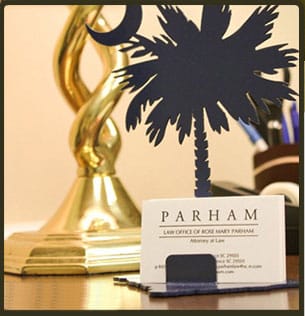As a young college student, it is hard to avoid situations where alcohol is present. It seems like every other night someone is throwing a party somewhere close to campus. You might think that having a few beers will not hurt anything. But, what if a Charleston police officer breaks up the party and starts checking IDs?
If you are under the legal drinking age and a police officer catches you with alcohol, you could face some serious charges. Not only is a minor in possession charge expensive, but a conviction might affect your federal student aid and the university might suspend you for violating the student code of conduct.
While an MIP might seem like a minor offense, it could leave a permanent mark on your criminal record. The following information might help you understand more about an MIP charge.
Minor in possession
States, including South Carolina, have MIP laws on the books to teach minors about the consequences of drunk driving, to help minors get treatment for substance abuse and involve them in community service. In many cases, the punishment for a first offense MIP is fairly moderate, however, additional offenses will lead to more severe punishments.
You do not even have to be drunk or holding an open container at the time of the charge for a court to find you guilty. You simply have to be in possession of an alcoholic beverage and be under the legal drinking age at the time of the citation. Also, if you attempted to purchase alcohol or there is proof you drank alcohol, then you could end up with a conviction.
Possible defenses
There are several defenses that might be available. For instance, if the container you held did not have alcohol in it and you can prove that, then you might be able to beat the charge. Another possible defense is that you drank the alcohol as part of a religious service. For example, if you drank wine during communion and a police officer later smelled it on you and then issued the MIP, you might be able to successfully argue your case.
If you are facing an MIP charge, keep in mind that you still have rights and options. With a strong defense, you might be able to fight back against the charge and avoid a conviction.


